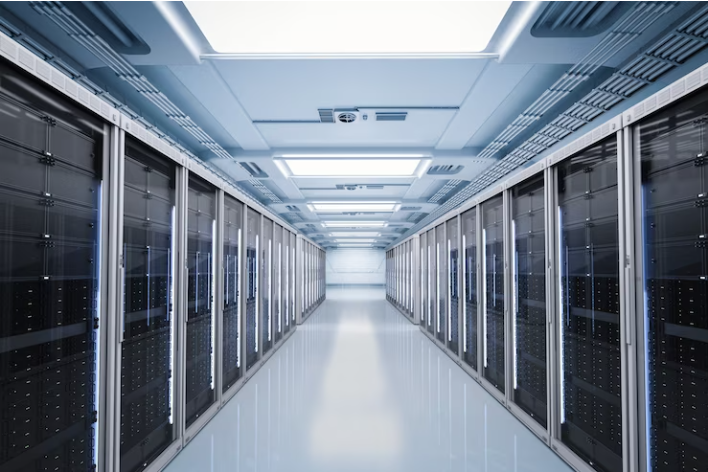NAS (Network Attached Storage) has become a popular solution for business data storage and management in recent years, thanks to its fast, convenient, and scalable storage capabilities. However, with all these benefits come a significant responsibility for businesses to ensure high NAS performance and reliability. NAS performance issues can affect your business in various ways, including data loss, system downtime, and decreased productivity. Thus, it's vital to understand what factors impact your NAS performance and how to evaluate them. Read on to explore the critical considerations for evaluating your business's NAS performance.
Capacity
NAS capacity refers to the amount of data your storage system can store securely. As your business data keeps growing, you need to ensure that your storage capacity keeps up with the demand. If your NAS storage is nearing its capacity, it will have a direct impact on the performance, as the system will take longer to locate, retrieve and process data. Consider evaluating your storage capacity needs against your business goals and data usage patterns. This way, you can determine whether you need to upgrade your hardware, add more storage disks, or implement data archiving to optimize storage usage.
Network bandwidth
NAS performance also depends on your network bandwidth, which determines the speed at which data flows through your system. The higher the bandwidth, the faster the data transfer rates, and the better the NAS performance. However, traffic jams, network congestion, and bandwidth limitations can bottleneck data access, leading to slow file transfers, unresponsive systems, and reduced productivity. Evaluate your network traffic patterns, identify possible network congestion, and consider implementing QoS (Quality of Service) and network prioritization settings to ensure that important data transfers receive priority over less critical ones.
RAID level
RAID (Redundant Array of Independent Disks) is a storage technology that provides data redundancy and protection against data loss and system downtime. Different RAID levels, ranging from RAID 0 to RAID 10, offer varying performance, reliability, and recovery capabilities. Consider evaluating your business's data protection needs, performance goals, and cost constraints when choosing the appropriate RAID level for your NAS storage. Also, note that changing your RAID configuration can impact your NAS performance, and you must carefully plan and test any RAID changes.
IOPS
IOPS (Input/Output Operations Per Second) is a performance metric that measures the number of read/write operations a storage system can perform in a second. Since IOPS impacts directly on your NAS performance, you must evaluate your business's IOPS requirements, including reading and writing speeds, queue depths, and application performance needs. Ensure that your storage system can handle your business's IOPS needs and consider implementing SSD (Solid State Drive) storage to boost your storage system's IOPS performance.
Heat and Power management
Finally, heat and power management can have a significant impact on your NAS performance and reliability. NAS storage systems generate heat during operation, and excess heat can cause system crashes, component damages, and performance degradation. Similarly, power fluctuations, surges, and outages can damage your storage system's components and lead to data loss and system downtime. Consider evaluating your NAS cooling and power management systems, implementing backups, surge protectors, and UPS (Uninterruptible Power Supply) systems to protect your storage system from power outages and surges.
Conclusion
Evaluating your scale out NAS storage performance is crucial for your business's success as it ensures that your data storage and management system is secure, reliable, and efficient. This article has highlighted some of the critical factors to consider when evaluating your NAS performance, including storage capacity, network bandwidth, RAID level, IOPS, and heat and power management. By keeping these factors in mind, you can ensure optimal NAS performance, minimize data loss, and maximize system uptime. With NAS storage's rising importance, it is essential to keep your system up and running with the best possible performance.
